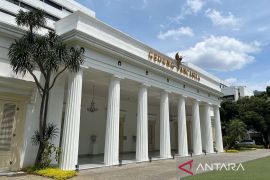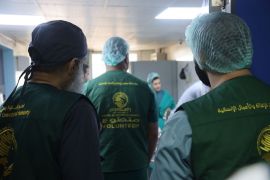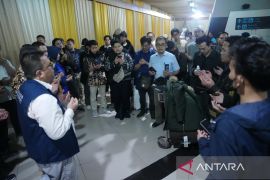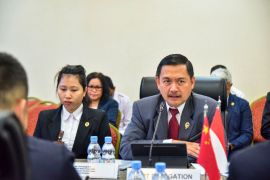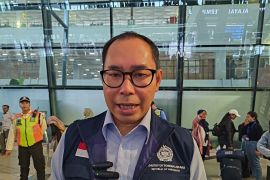"Lifting the emergency rule and the abolition of the state security court are positive steps but over the next few days we will monitor closely the security forces to see if they violate the law," said Rami Abdul Rahman.
"Now we expect the release of thousands of people who have been sentenced" by the state security court, which acts outside the normal judiciary system and whose verdicts cannot be appealed, he said.
Human rights lawyer Haitham Maleh agreed with Abdul Rahman, who heads the London-based Syrian Observatory for Human Rights, and also said Assad`s action, after more than a month of street protests, was "insufficient."
Lifting emergency rule was "a good thing but it only meets some of the demands of the Syrian people."
Maleh renewed calls to scrap an article in the Syrian constitution that refers to Assad`s ruling Baath party, which imposed emergency law when it seized power in 1963, as the sole leader of the state and Syria`s society.
He said the authorities must also abolish Law 49 under which members of the outlawed Muslim Brotherhood can be condemned to death -- although all death sentences in Syria since the 1990s have been commuted to life imprisonment.
Maleh also demanded the abrogation of a law which prevents the sanctioning of security services.
State news agency SANA said Assad issued decrees ending emergency rule, abolishing the state security court and allowing citizens to hold peaceful demonstrations. The move came on the eve of planned protests across Syria. (*)
Editor: Kunto Wibisono
Copyright © ANTARA 2011
